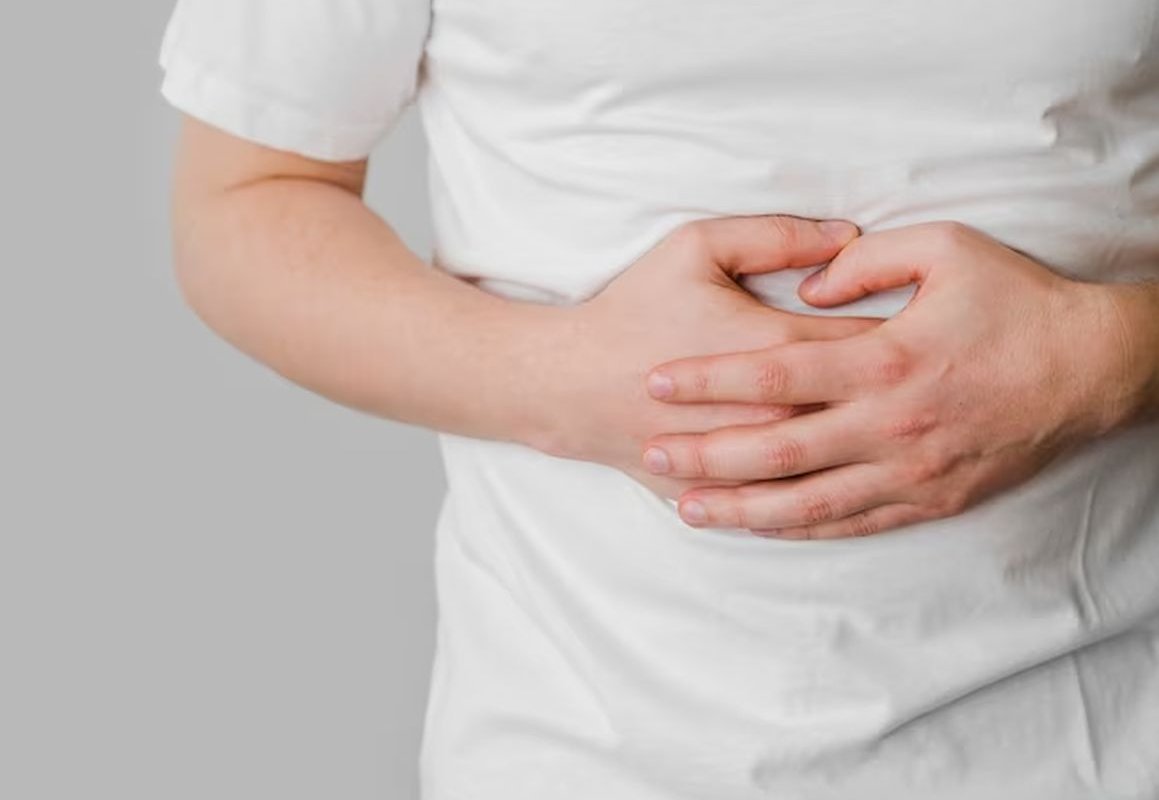
As therapist and gastroenterologist Olga Pomoinetskaya said, for good functioning of the gallbladder (GB), breakfast should contain the right fats and protein.
— This organ needs to be loved and preserved because it is a repository for bile, which is necessary for good digestion, absorption of fat-soluble vitamins and detoxification of the body– the doctor noted in her blog.
The gallbladder contracts in response to any food intake, and the degree of contraction depends on its composition. GB is best reduced by taking fat and protein. Therefore, it is very important that breakfast contains the right fats and protein.
Low-fat diets worsen the quality and quantity of bile, the doctor emphasized.
⠀
Signs of a malfunction of the gallbladder:
- constipation
- light-colored loose stool
- bloating
- bad breath
- white or yellow coating on the tongue
- poor digestion
- no appetite in the morning
- feeling of heaviness, bitterness during mouth
- belching after meals
- fat, comedones, lipomas
- very dry skin, dermatitis, acne
< b>Where to get the right fats?
- Avocado
- Salmon
- Nuts
- Chia seeds
- Greek yogurt
- Coconut oil
- Olive oil
- Eggs
Earlier, “MedicForum” wrote how to understand that the problem is with the gallbladder. Main symptoms:
- vomiting that occurs before or after eating fatty foods;
- pain in the right side;
- dull and arching pain in the right hypochondrium;
- loss of appetite;
- increased bilirubin in the blood;
- problems with stool.
Read also: Gastroenterologist Pomoinetskaya: how to replace coffee during exacerbations of the gastrointestinal tract
More on the topic: Important for hypertensive patients: what is persistently high blood pressure
You can read: Endocrinologist Kvasova: adequate sleep affects weight and is important for the central nervous system
Important! Information is provided for reference purposes. Ask a specialist about contraindications and side effects and under no circumstances self-medicate. At the first signs of illness, consult a doctor.
